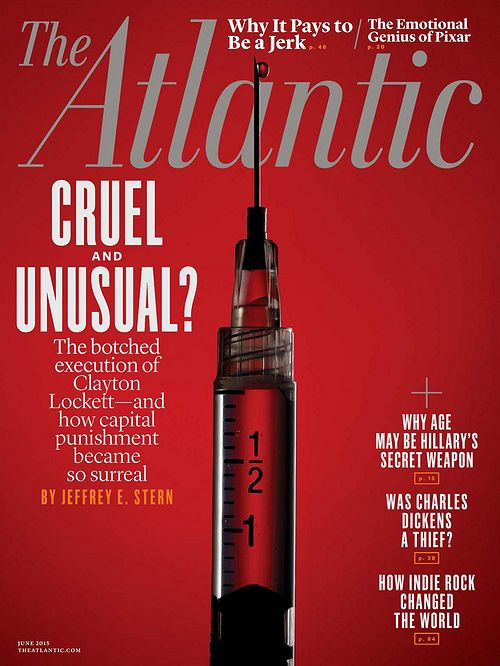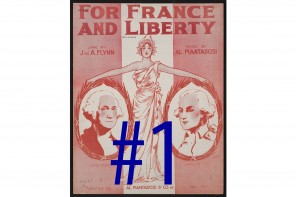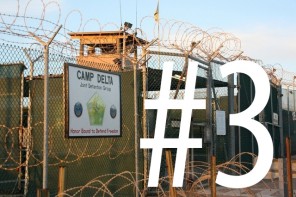Stern exposes the inherent conflicts in our application of Capital Punishment. Through the narrative of a botched executions Stern chronicles how states are forced to buy illegal or swindled drugs to use as lethal injections, often with unintended consequences.
“Prisons had become, in effect, drug smugglers, and while the FDA may have been willing to look the other way, the DEA was not. In March 2011, agents seized Georgia’s supply of sodium thiopental. In April, they seized Tennessee’s, Kentucky’s, South Carolina’s, and Alabama’s.”
This piece chronicles how capital punishment lives within a complex legal framework, often manipulated by politicians determined to stay “tough on crime.” Other than politicians, no one wants to be a part of these executions. We learn even the pharmaceutical companies go to great lengths to avoid selling the drugs to states, and the states are repeatedly charged with hiring fraudulent middle men. The transactions are done with petty cash to keep them off the books, and out of the public eye.
“A young journalist, Katie Fretland, started to put the pieces of this drug smuggling prison ring together in 2012 while on assignment for the AP. She found more than $50,000 in petty cash, so off the books, was spent by the Oklahoma prisons on the execution drug, deemed illegal by the DEA and the unapproved by the FDA.”
This Atlantic piece lays out the legal blueprint manipulated by politicians to promote their “tough on crime” agendas. Just this week, Nebraska became the first conservative state in over 40 years to ban the death penalty. We can’t help but think that the Atlantic’s story played an important part in this historic moment.
“The vote capped a monthslong battle that pitted most lawmakers in the unicameral Legislature against the governor, many law enforcement officials and some family members of murder victims whose killers are on death row. The Legislature approved the repeal bill three times this year, each time by a veto-proof majority, before sending it to Mr. Ricketts’s desk. Adding to the drama, two senators who had previously voted for repeal switched to support the governor at the last minute.”
Here in Boston we’re all still processing the Marathon Bombing verdict. Massachusetts is not one of the 32 states with the death penalty — we haven’t executed anyone since 1947. Many are trying to reconcile how we’re going to execute a teenager, even one who committed such a hannis crime. WBUR offered an interesting perspective on this in a piece written by Becky Norris, former advisor and teacher to bomber Tsarnaev.
“Teachers encounter thousands of youth over the years, and a few find a special spot in our hearts. They stick there, unforgettable. Dzhokhar was one of those few.”
“We humans are surprisingly good at holding two irreconcilable ideas in our psyches at the same time. Yes, he did the unforgivable. And yes, I still love him. And — this one is hard to fathom, I know — he is a human being who still needs love.”
It can be a tough pill to swallow even if we thought death would be swift and painless to Tsarnaev.
Questions for Consideration:
How can these profound conflicts coexist?
- How can we have a legal standard that calls for a medical practice that violates the American Medical Association’s code of ethics? How can we humanely kill someone without a knowledgeable doctor involved in the execution? And if a doctor is involved, wouldn’t she be violating her oath to do no harm?
- If we look at how other countries handle these issues we find they don’t. The only other country with rates of executions like the US is China, and then of course there are groups like Isis, Boko Haram, and others who carry out executions. But is that the company we want to keep?
- How can we claim lethal injection is the best option, if we can’t acquire the medicine to do the job and are forced to buy subpar medicines that offers an inhumane result?
- How can the legal system defend the right to death penalty, yet also allow for all record to remain under lock and key with little to no oversight?
- If the death penalty is sanctioned, then it should be seriously regulated to maintain the integrity of the law, don’t you think?






